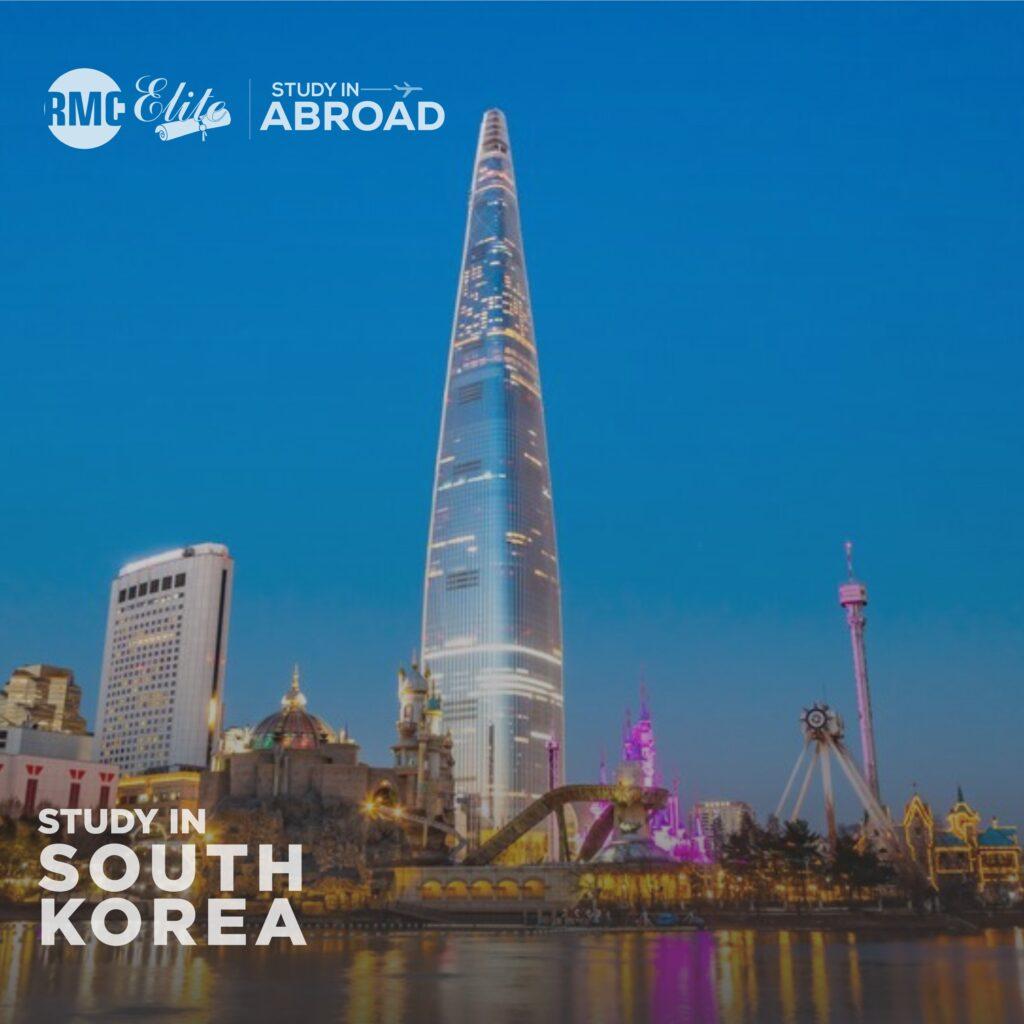Do South Korean universities offer financial aid for international students?

South Korean universities offer financial aid and scholarships to international students, making it an attractive destination for those seeking higher education abroad. South Korea's government, universities, and private organizations provide various funding opportunities to help international students cover tuition, living expenses, and other academic costs. In this article, we will explore the types of financial aid available, how to apply, and the benefits of studying in South Korea with financial assistance.
1. Government Scholarships for International Students
One of the most significant financial aid options for international students in South Korea is government-sponsored scholarships. The Korean Government Scholarship Program (KGSP), now known as the Global Korea Scholarship (GKS), is one of the most prestigious programs offering full financial support to international students.
The GKS scholarship covers:
- Full tuition fees
- A monthly living allowance (around 900,000 KRW)
- Round-trip airfare
- Health insurance
- Settlement allowance
- Korean language training
This scholarship is available for both undergraduate and graduate students, and it provides support for a variety of academic disciplines. The selection process is highly competitive and based on academic performance, research potential, and other criteria.
2. University-Specific Scholarships
Many universities in South Korea also offer their own scholarships for international students. These scholarships can be merit-based, need-based, or a combination of both. Some universities provide partial tuition fee waivers, while others offer full tuition coverage along with living stipends.
Popular universities in South Korea that offer scholarships for international students include:
- Seoul National University (SNU): SNU offers several scholarship programs for international students, such as the SNU President Fellowship and Glo-Harmony Scholarship, which provide tuition waivers and living allowances.
- Korea University: Korea University offers the KU International Student Scholarship, which covers full or partial tuition fees depending on academic merit.
- Yonsei University: The Global Leaders College scholarship provides financial assistance to international students enrolled in undergraduate and graduate programs.
These scholarships often require students to maintain a certain GPA or meet specific academic requirements to continue receiving support.
3. Private and External Scholarships
In addition to government and university-sponsored scholarships, several private organizations and foundations in South Korea offer financial aid to international students. These scholarships are typically aimed at promoting cultural exchange and supporting students with academic potential.
Some notable private scholarships include:
- Samsung Global Hope Scholarship: Offered by the Samsung Foundation, this scholarship supports students pursuing STEM (Science, Technology, Engineering, and Mathematics) disciplines in South Korea.
- POSCO Asia Fellowship: This fellowship provides financial aid to students from Asian countries pursuing graduate studies in South Korea.
- Korea Foundation for Advanced Studies (KFAS): KFAS offers scholarships for graduate students in various academic fields, particularly those involved in research projects.
These scholarships vary in eligibility criteria, application procedures, and funding amounts, so it's essential to carefully research each opportunity to determine the best fit for your needs.
4. Part-Time Work Opportunities
In addition to scholarships, international students in South Korea are allowed to work part-time to help cover living expenses. While part-time jobs do not constitute traditional financial aid, they can be a valuable source of income to complement scholarships and grants.
International students are typically allowed to work up to 20 hours per week during the semester and full-time during vacations. Common part-time jobs for students include teaching English, working in cafes, and assisting with university administrative tasks. Students must obtain a work permit from the immigration office to legally work in South Korea.
5. How to Apply for Scholarships
Applying for financial aid and scholarships in South Korea typically involves several steps:
- Research: Start by researching available scholarships and financial aid programs that match your academic level and field of study. Check the official websites of universities and government agencies for up-to-date information on application deadlines and requirements.
- Prepare Your Documents: Commonly required documents include academic transcripts, recommendation letters, a personal statement, and proof of language proficiency (Korean or English, depending on the program). Some scholarships may also require research proposals for graduate students.
- Submit Your Application: Ensure that all required documents are completed and submitted before the deadline. Scholarships like the GKS often require students to apply through their local Korean embassy or consulate.
- Maintain Academic Performance: Many scholarships require students to maintain a high GPA to continue receiving financial support, so it’s essential to stay focused on your studies.
Conclusion
South Korean universities and the government offer a wide range of financial aid options for international students, making it possible for many to pursue their academic goals without the burden of excessive costs. From the prestigious Global Korea Scholarship to university-specific and private scholarships, there are plenty of opportunities for international students to receive financial support. With proper planning, research, and academic dedication, international students can make the most of the educational opportunities South Korea has to offer while easing the financial burden of studying abroad.
- Art
- Causes
- Crafts
- Dance
- Drinks
- Film
- Fitness
- Food
- Spellen
- Gardening
- Health
- Home
- Literature
- Music
- Networking
- Other
- Party
- Religion
- Shopping
- Sports
- Theater
- Wellness


